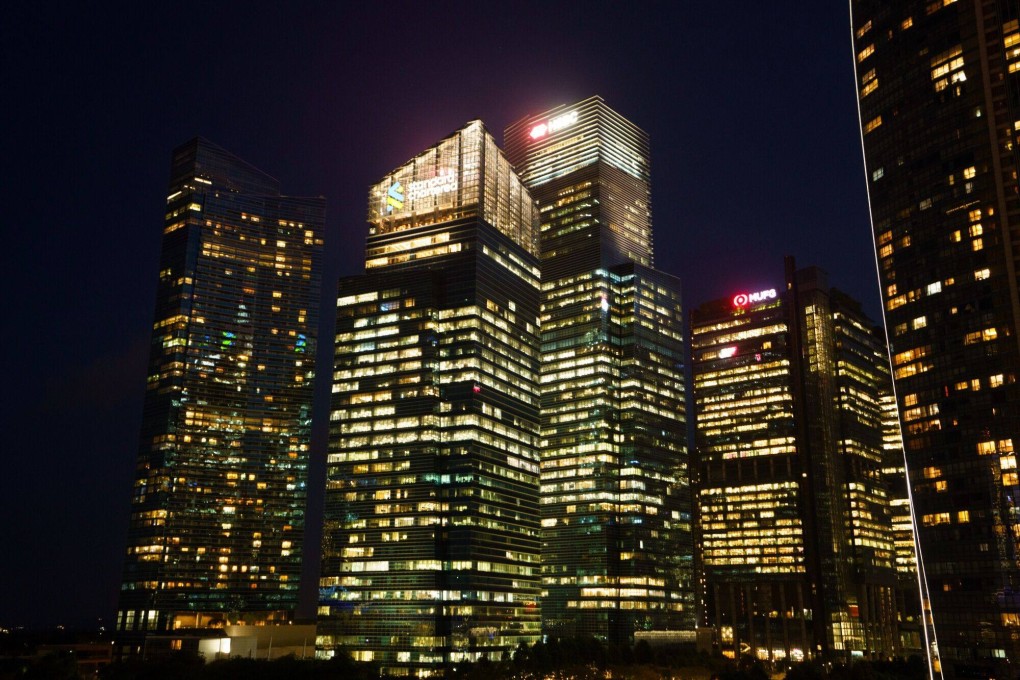Singapore’s dirty money clean-up: US$2 billion laundering scandal prompts reforms
- The city state’s new asset recovery strategy is an important piece of the puzzle – but more can be done, experts say

Experts told This Week In Asia that the strategy was an important piece of the puzzle in combating money laundering, but said the country could improve implementation, particularly in overseeing non-financial sectors such as real estate, precious stones and metals.
Wong, who is also finance minister, recognises that Singapore faces greater money-laundering and terrorism-financing risks as a global financial and business hub. “But we are determined to do what is needed to respond to these risks and safeguard Singapore’s reputation as a trusted financial centre,” he said on Wednesday.

The new asset recovery strategy includes legal provisions empowering authorities to petition courts to sell seized, rapidly depreciating goods or high-maintenance assets even before conviction, such as fine art, antiques, investment-grade wine, vessels, exotic livestock like fish and reptiles, and racehorses.
